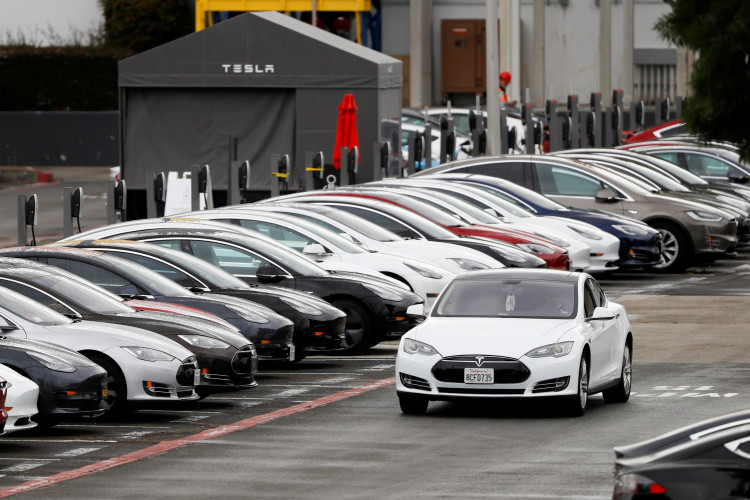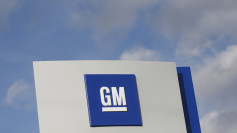India will offer auto companies approximately US$3.5 billion in incentives over a five-year period as part of a revised scheme to boost clean technology vehicle manufacturing and export, Reuters has found.
India sees sustainable auto technology as a key component of its plan to reduce its reliance on oil and reduce crippling pollution in its major cities while simultaneously reaching its Paris Climate Accord emissions targets.
The Indian government's original proposal was to provide automakers and parts manufacturers over $8 billion to encourage mostly gasoline technology, with additional incentives for electric vehicles (EVs).
The program has been redesigned to focus on companies that manufacture electric and hydrogen-fueled cars. The reason for the change was not immediately clear, but one of Reuters' sources said that because the focus had shifted to clean and innovative technology, fewer companies would be eligible for the incentives.
Maruti Suzuki, India's largest carmaker, has no plans to sell electric vehicles in the near future because it does not see enough demand or affordability for consumers, according to its chairman.
Tata Motors is India's leading seller of electric vehicles, with rival Mahindra & Mahindra and motorcycle manufacturers TVS Motor and Hero MotoCorp announcing EV commitments.
According to the two sources, details of the scheme, which is part of India's broader US$27 billion program to lure global manufacturers, might be announced as soon as this week.
Businesses that qualify for the revamped plan will receive cashback payments equivalent to 10%-20% of their annual revenue for EVs and hydrogen fuel cell cars.
Auto parts manufacturers will be rewarded for producing clean car components and investing in safety-related parts and other innovative technologies such as sensors and radars used in connected vehicles.
The original allocation over the five-year term has been lowered, according to a government person with direct knowledge of the situation, but up to US$8 billion might be made available if the scheme is successful, initial funds are spent, and certain requirements are met.
To qualify for the payments, automakers would have to invest a minimum of US$272 million over five years, Reuters noted.





